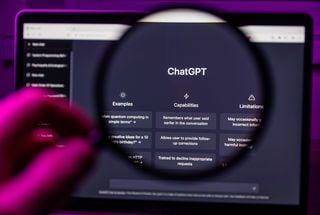Generative AI - a silent revolution in the hospitality industry
What would be the impact of generative AI like ChatGPT on hospitality?
Information Technology — Viewpoint by Max Starkov
Generative AI will create a silent revolution in the hospitality industry. In short, generative AI epitomises intelligent automation and will make the work of hospitality managers and employees more effective and efficient. It will give them back control of the creative part of the hospitality business which is often outsourced to marketing agencies and consultants, or it is neglected due to overload with operational work. For example, generative AI allows hospitality managers to experiment with various prompts to create numerous drafts of text and photos for ads to facilitate the marketing communications of the companies they manage. Generative AI can provide suggestions for menu items and their names. It can help with developing job descriptions, templates of documents, and schedules. When integrated into chatbots, generative AI can provide a more humane experience of its interactions with customers. It could summarise guest reviews, and draft responses to them. But it can also be used to create fake reviews, fake photos of a hotel/restaurant, and spread misinformation. Hence, risks exist as well.
On jobs and tasks levels, generative AI will have enhancement, substitution and transformational effects. Through the enhancement effect, generative AI allows hospitality companies to perform more tasks or serve more customers with the same number of employees. Through the substitution effect, generative AI makes some human employees redundant, because their work is implemented by the AI. The transformational effect relates to the changes in the nature of work of human employees due to the use of generative AI. All three effects happen simultaneously and the balance between them depends on the composition of the specific tasks that form a job position and their automatability. In general, hospitality employees who do not use AI will be replaced by fewer hospitality employees that use AI.

 by
by 

